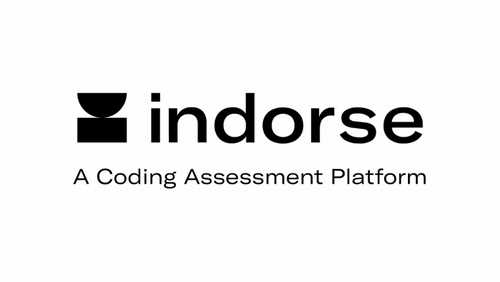The company’s buyback offer comes by way of an official announcement from Colu DLT on its website. According to the notice, the company is looking to repurchase its tokens with Ether (ETH) over a 90-day period. The company intends to subsequently burn all the tokens repurchased this way.
Colu Group subsidiary Colu DLT has announced that it is shutting down its blockchain-based Colu Local Network, and is offering to repurchase and burn the accompanying CLN tokens sold to investors during its initial coin offering (ICO).
According to the announcement, the major CLN purchasers have approved the company’s buyback-and-burn plan. Additionally, the company specifies that the resale will use the ETH to CLN conversion price at the time of the ICO, which is apparently higher than the tokens’ current exchange rate. They also specify that there will be Know Your Customer and Anti-Money Laundering checks that investors will need to pass again in order to proceed with the resale.
Colu states that the CLN platform has faced regulatory and technical challenges and that the company does not feel it is worth pursuing. As such, the token buyback represents a pivot away from its blockchain business.

Colu DLT’s parent company Colu Group will continue its projects, which center on using a “City Currency” to drive social and economic development within cities, but notes that these projects are not based on blockchain technology.
Origins of the CLN platform
As previously reported by Cointelegraph, Colu co-founder Mark Smargon – who is currently listed as the VP of blockchain on his LinkedIn profile – initially planned to launch a blockchain platform for developers back in 2015. Smargon said the company planned to launch a beta version of this project on Aug. 12, 2015. At the time, Smargon remarked:
“Colu’s target audience is developers. We’re giving business tools to help them execute their ideas and reach their customers through a central platform. We’re not necessarily building mobile apps for users, but any business, which has a mobile app, can use our digital asset wallet SDK easily.”
Smargon also discussed three general use cases the company had planned for the platform: financial tools and assets, ownership of assets and access to public information. However, he noted that this was not at all a comprehensive list of use cases for their platform, saying that the “ideas are endless, and I’m sure we’ll be able to expand better over the upcoming months.”
CommBank Develops Blockchain Marketplace to Boost Sustainable Development, Biodiversity
Commonwealth Bank of Australia (CommBank) has co-developed a blockchain marketplace that it says could support sustainable development and reward landowners for protecting the environment.
Created in partnership with BioDiversity Solutions Australia (BDS), the prototype platform uses digital tokens, dubbed BioTokens, to facilitate trading of biodiversity credits for the New South Wales Government’s Biodiversity Offsets Scheme.
The scheme requires developers to obtain the credits to offset the impact of development. Biodiversity credits can be generated by landholders that set up biodiversity-protection schemes on their land on their land “in perpetuity”, according to an announcement from CommBank on Wednesday.
As such, there’s a need for a transparent market for the trading of the biodiversity credits between these parties, while others – such as environmental groups or government agencies – could purchase the credits as an investment, the bank says.
BioTokens can be programmed with complex rules to automate compliance and administration, according to Sophie Gilder, CommBank’s head of experimentation and commercialisation for blockchain, AI and emerging technology. Trades on the marketplace are also “transparent and real time”, she said.
Rod Barnaby, managing director at BioDiversity Solutions Australia, explained:
“Developing a digital marketplace is part of a broader project we have been working on to help stakeholders participate in the NSW Biodiversity Offset Scheme. Our vision was to help facilitate the protection of precious environmental ecosytems, while also creating an alternative source of income for landowners and rewarding them for preserving biodiversity on their land.”
So far, no “transparent” marketplace exists to allow developers and landholders to trade biodiversity credits, according to the announcement.
Barnaby indicated that BDS and CommBank are now seeking partners to take the platform toward a commercial launch, as well as examining other use cases for the tokenized asset technology.
“Our vision is that by digitising biodiversity credits and building a marketplace where they can be bought and sold, we can invest in and protect our natural environments”, Gilder said.


